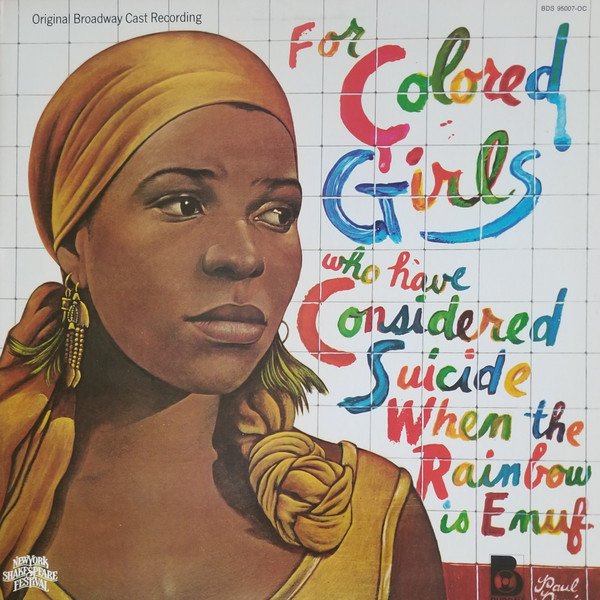Black women poets on wax
1975 album cover for Nikki Giovanni’s The Way I Feel.
In late 2019, I decided to indulge my life-long interest in vinyl and record players. Growing up in L.A., my mother had a top-of-the-line entertainment system in our one-bedroom ranch in South Central. In my older years, I wondered how she was able to afford the system that included a double tape deck, CD player, and record player, complete with studio quality speakers and subwoofer. As a 7-year-old, I only knew that my sister and I were not supposed to come anywhere near it. On Saturday nights when she felt the groove, she would throw on Michael Jackson’s B.A.D. or Anita Baker’s Rapture. I have fond memories of dance parties in tube socks and oversized t-shirts. We had front row seats to all the best acts. We sang along to words we only half understood but still can’t forget.
Despite my mother’s sizable collection of vinyl records and CDs, the closest we came to hearing spoken word on the three-feet-tall speakers was Tracy Chapman’s self-titled album. When I purchased my first low-end record player during a black Friday sale in 2019, my first thought was not to collect remastered versions of the classics my mother kept in heavy rotation. Having just founded the Black Women Writers Project, though still unclear on the direction I would take, I came across a Nikki Giovanni album on eBay. Admittedly, the cover photo of Giovanni smiling in a huge afro, not looking a day past 25, caught my attention more than the audio content. I thought it would be a great addition to the gallery wall/shrine to Black women writers I was creating in my office. When The Way I Feel arrived at my doorstep, the aesthetics of it all took a back seat. A sense of wonder washed over me. I was holding a piece of history in my hands.
As a professional archivist with a robust independent practice, I often find myself engaging with relics of the past. As a poet and storyteller, the archives and work of Black women writers continues to inform my understanding of myself in the world. After so many years of experiencing the works of writers on paper, it was a treat to hear a 30-something Giovanni read her work backed by vocalists and musicians combining soul and funk. Listening to the tracks on the tinny built-in speakers on my entry-level Crosley added another layer of complexity and nostalgia for a time before my birth. The time of my mother, riding in the backseat of Chevys with a fresh roller set blowing in the wind. I believe in genetic memory and that the joy of our ancestors is passed on, just as much as their trauma. Though I have long been interested in Giovanni as a cultural phenomenon more than a poet, that moment of her voice filling the room reminded me of the power of a good story. And that the voice as a medium allows for a visceral response not often possible through the page alone.
I keep coming back to this quote by Dr. Mecca Jamilah Sullivan in the Black Futures anthology:
“This is why we write, and why we read Black women writers. They know us in ways mothers and aunties often can’t. They guide us through trauma and heartbreak and the latticeworks of power that want to crush us, structures the "canon” refuses to notice. They lead us to know each other, and to love. Even if we do not know them, they know us, and they help us know ourselves. Their voices sustain us and make our futures possible.“ —Mecca Jamilah Sullivan, PhD "Ntozake Been Said That,” from Black Futures (Drew & Wortham, eds.)
they know us.
they know us.
they know us. they help us know ourselves.
After a few rotations of The Way I Feel, I went in search of the recordings of other Black women writers. One of the most exciting parts about researching and reading Black women writers in the process of creating Black Women Writers Project has been finding my way to work I never knew existed. I found Sonia Sanchez and Pat Parker and Angela Davis and Ntozake Shange and Margaret Walker, and so, so many Maya Angelou records. I wanted to buy them all. I wanted to experience those intimate moments with all our canonical writers. I needed to feel that sense of belonging in the chorus of their voices. I decided not to overindulge. Instead, I researched preservation practices for vinyl and set my intentions for a comprehensive spoken word vinyl collection in the next phase of my life. Until then, I’ll keep the Spotify playlist on deck and add them to my holiday and birthday wishlists.





